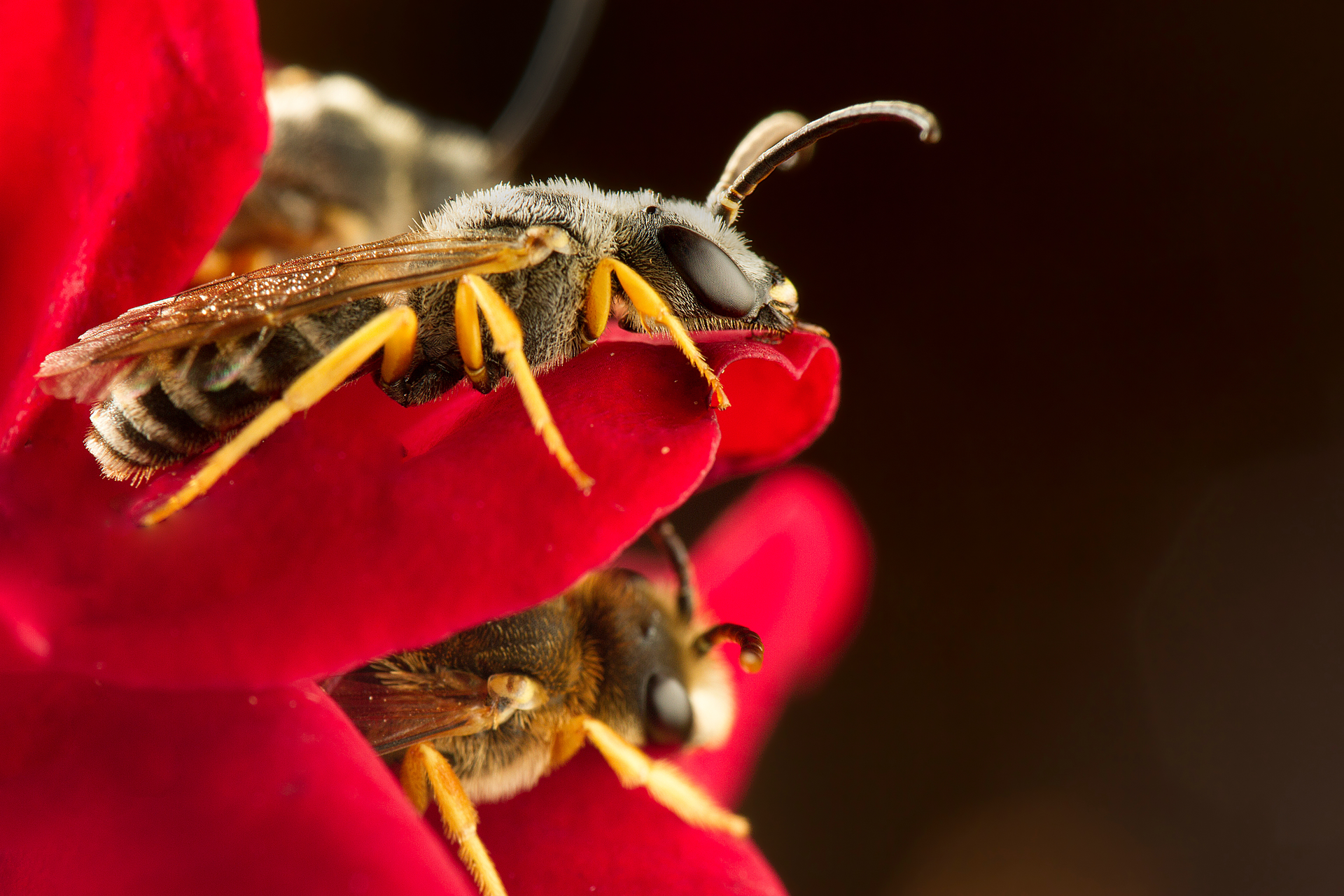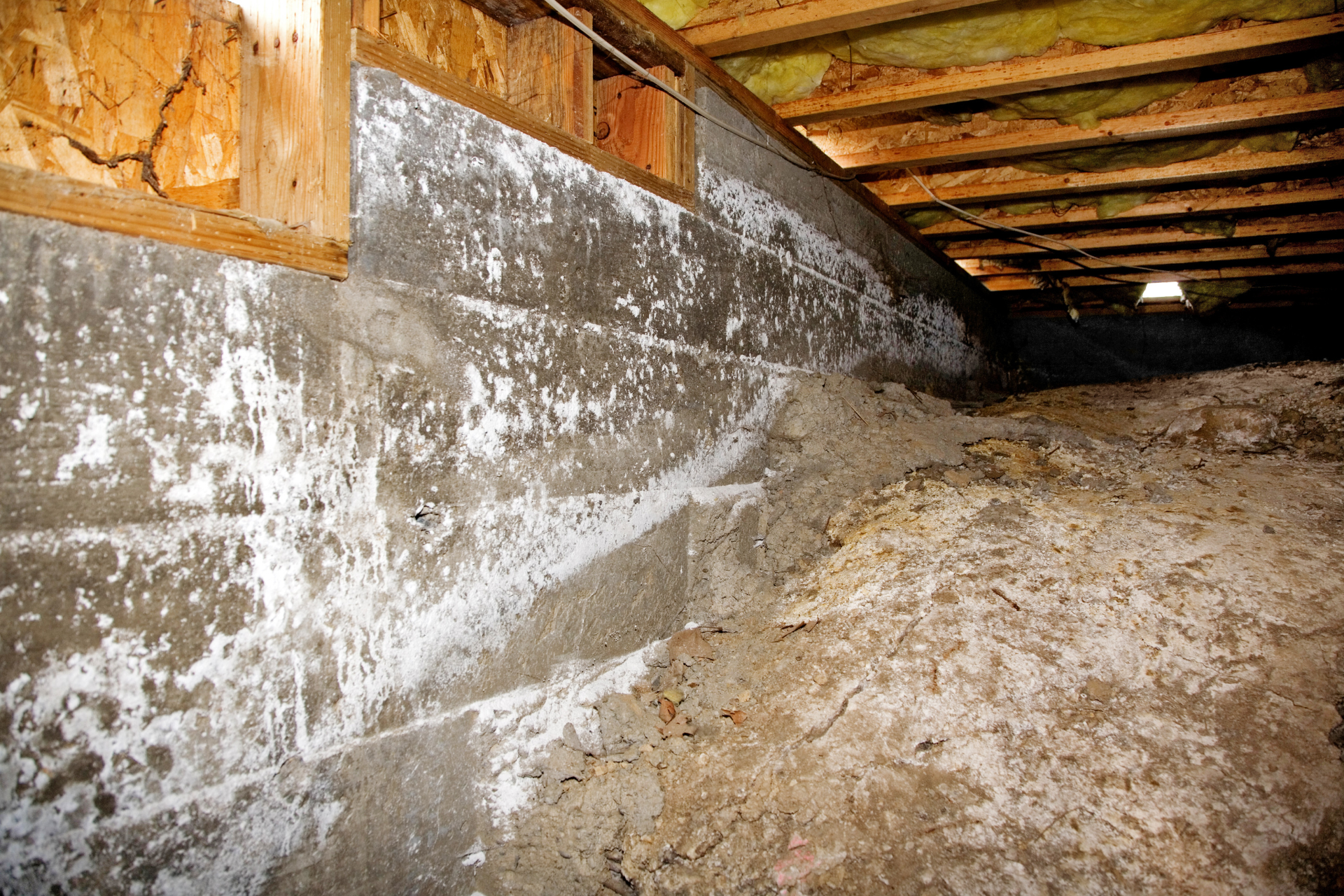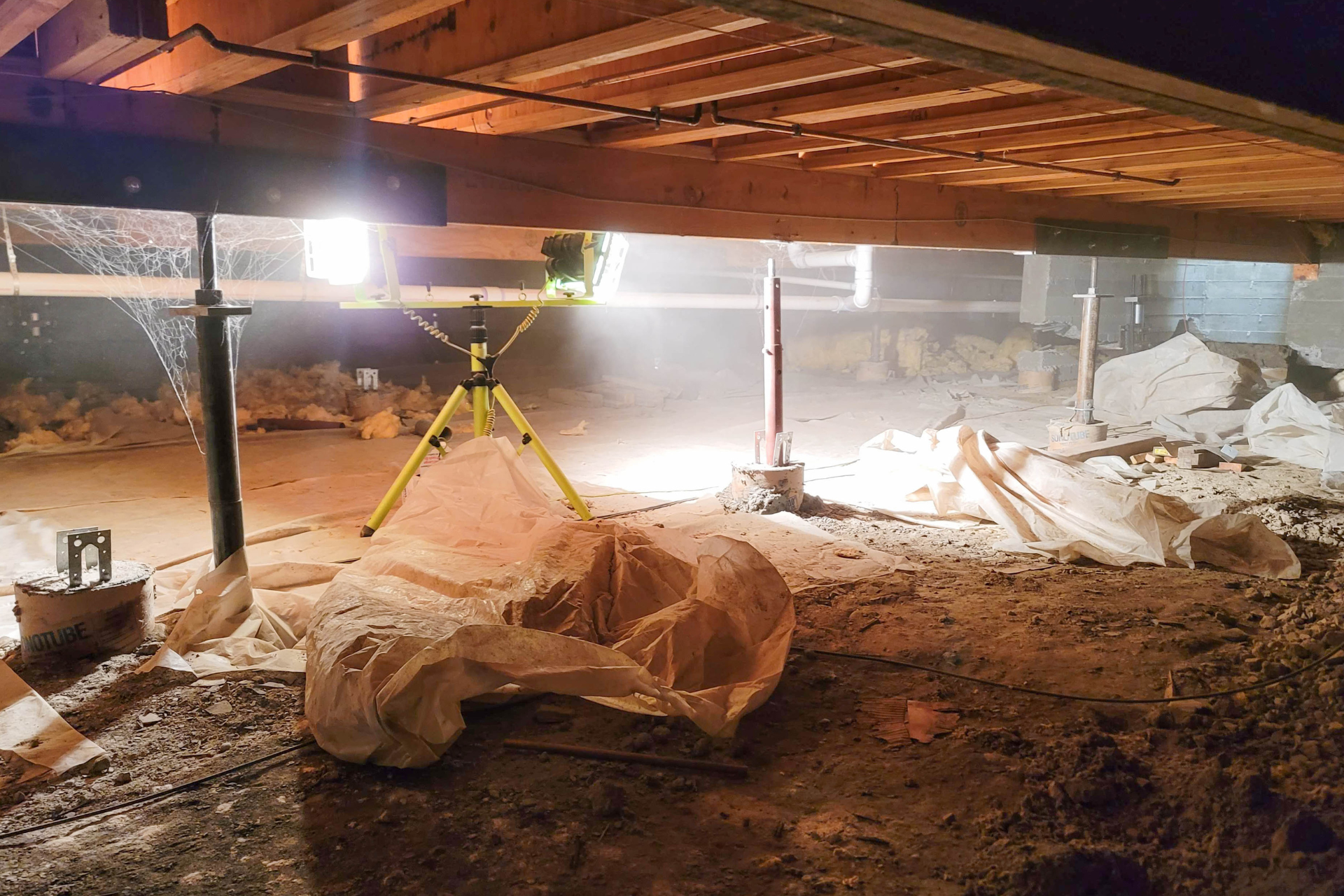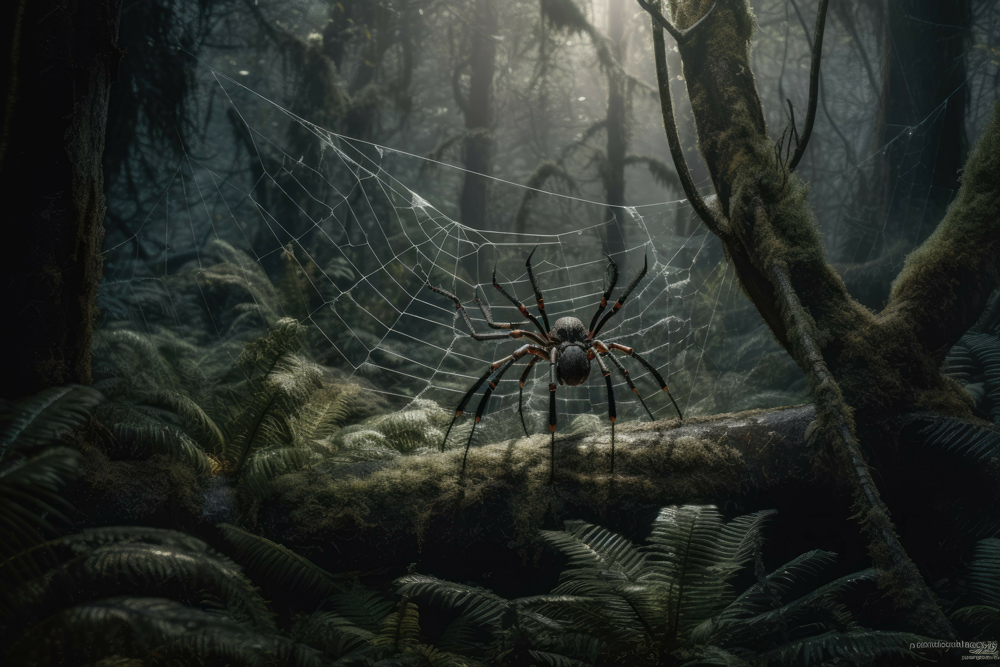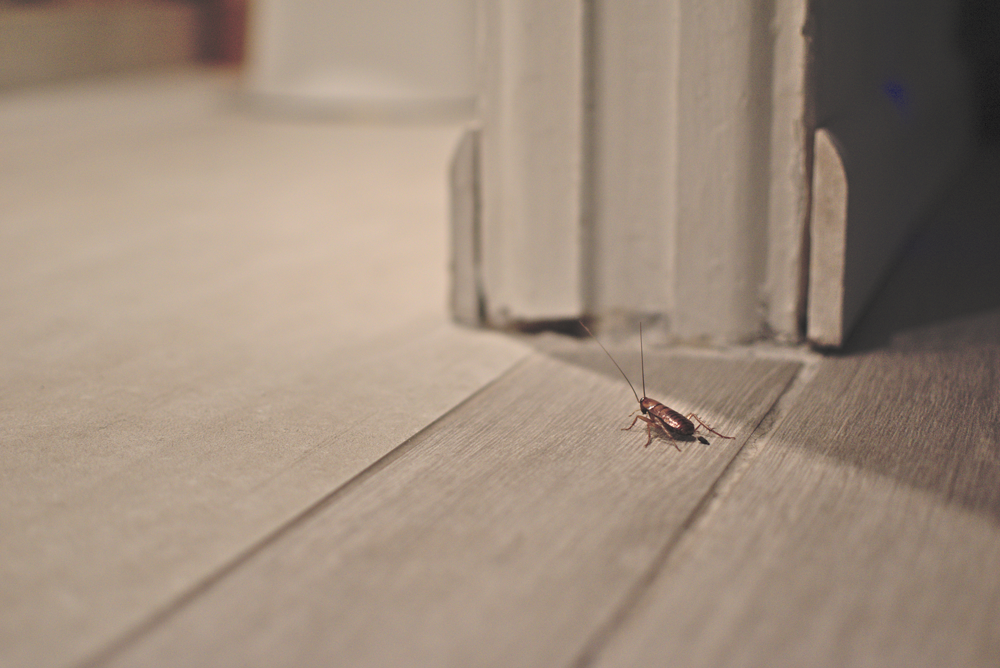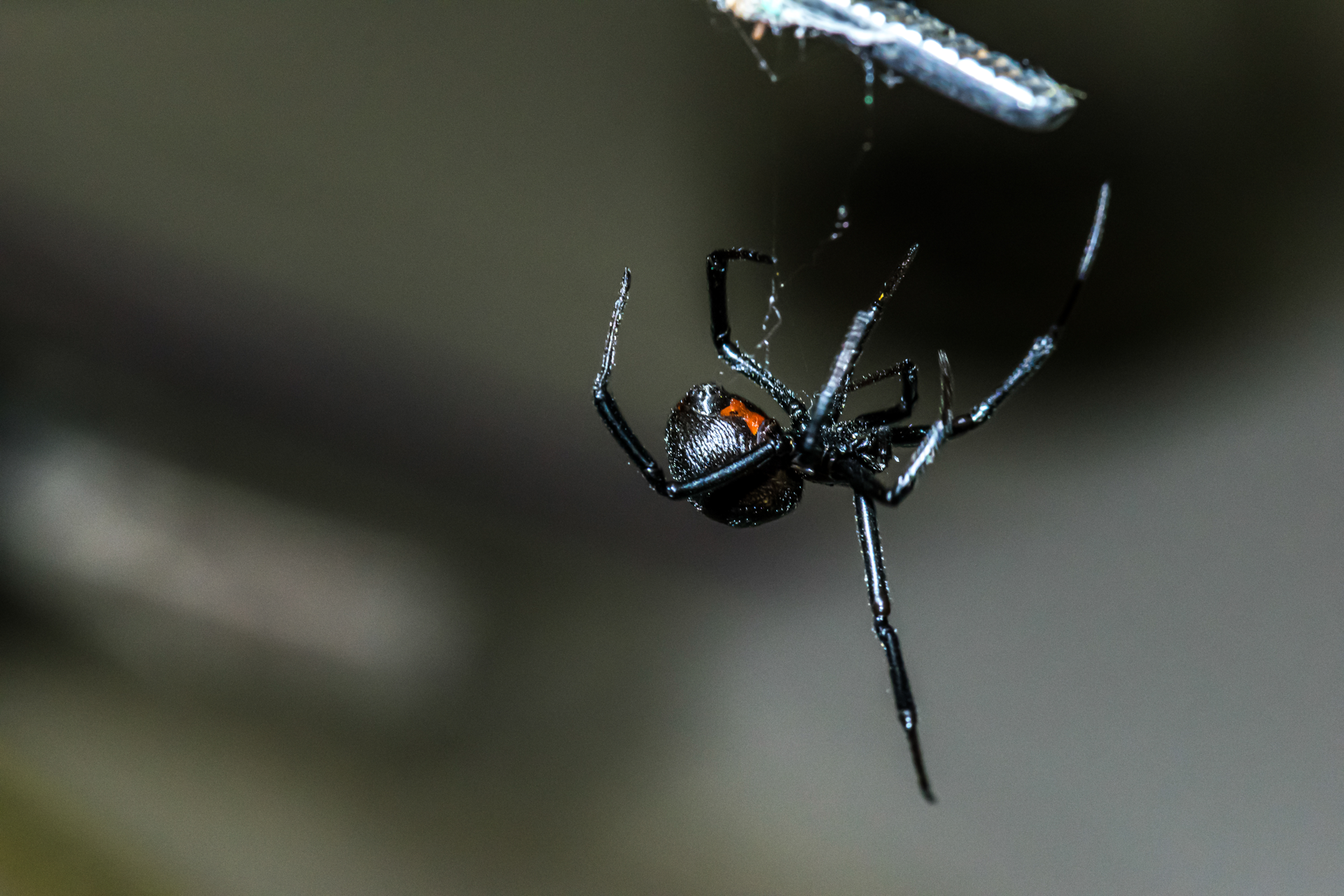Do Pests Go Dormant In The Winter?
A common misconception is that cold weather is enough to kill off most pests. However, fluctuating temperatures are more deadly to pests than extreme but stable temperatures, as many species utilize survival mechanisms to withstand winter's wrath. One such survival strategy is to go into a state of dormancy known as "hibernation". Though grizzly bears and groundhogs might be the first to come to mind, many animals use overwintering techniques, including some of North Carolina's most common (and troublesome) pests.
What Is The Difference Between Hibernation And Diapause?
People often confuse the meaning of hibernation and diapause (also known as overwintering) because they are very similar. And despite crucial differences, the terms are mistakenly used interchangeably. Though both are essential survival mechanisms that result in inactive states, hibernation is typically associated with mammals and diapause with insects. The most significant difference is that hibernating animals lower their body temperature and metabolic rate, while a natural halt in development is characterized by diapause. Diapause can happen at any stage in the insect life cycle but is most common during the pupa stage. Moreover, diapause can occur during seasons other than winter, unlike hibernation.
Which Pests Hibernate?
Many of North Carolina's pests are more than capable of surviving the winter. For example, roaches are well known for their hardy exterior and use hibernation as part of their survival. Similarly, ants may appear fragile, but they are experts at overwintering. When threatened by harsh weather conditions, they burrow underground, seal off entrances, and enter a diapause phase. If possible, they remain active beneath the surface, but the entire colony can survive without food for several months by ceasing all movement.
Unlike other insects, termites do not undergo hibernation; however, they are still perfectly capable of surviving harsh winters. They can live in temperatures as low as 48°F and bury themselves further underground if necessary. Though their activity level may reduce drastically, termites continue to feed and reproduce, unlike overwintering insects. And if it's made available, they gladly snack on the wood in your home.
Bed bugs follow the same behavioral patterns. Since they don't generate their own body heat, their activity typically slows down in the winter. More importantly, extreme cold can kill them. You shouldn't underestimate how long they can survive at low temperatures. They might not enter a state of dormancy, but they can slow their activity down, surviving several months without blood. Of course, if they find indoor habitations where they can stay warm and cozy, they'll continue to feed as usual. According to experts, bed bug activity is highest in August and reaches an all-time low in February.
In temperate climates like North Carolina, adult mosquitoes may become inactive during the winter, preparing to go dormant once temperatures reach below 50°F. Female mosquitoes commonly hunker down in trees, underground, and inside human constructions. Additionally, embryos laid late in the summer can enter diapause to suspend development and make it through winter.
Unfortunately, some pests do not slow their activities, continuing their nefarious escapades year-round. For example, fleas neglect hibernation, and their population often grows in the winter. Furthermore, they are much less likely to leave the warmth of your home and venture into the frigid air outside. Rodents, including mice and rats, also don't hibernate. On the contrary, they are increasingly eager to seek out indoor accommodations as protection from the elements and natural predators.
Though it seems like you see more spiders in the winter, it is likely due to additional time spent indoors for holiday activities. Outdoor spiders tend to stay outdoors no matter how cold it gets, so indoor crawlers have likely been there the whole time. Tarantulas and fishing spiders might hibernate, but most species do not seek indoor shelter during the year's coldest months. Instead, they suffer through it by producing chemicals that slow their metabolism. Strangely enough, some types of spiders don't plan to make it through the winter. Instead, they prepare for repopulation by laying eggs that hatch once the weather becomes warm enough.
Expert Pest Control In North Carolina
As you can see, animals and insects use various strategies to survive harsh winter climates. Unfortunately, these overwintering techniques allow unwanted pests to persevere. Sometimes a dormant population can mask a full-blown infestation, which slowly but surely takes over your home. While some pests reduce their activity levels, very rarely will cold temperatures rid you of an infestation. Fortunately, At East Pest Solutions operates year-round to help you keep your home free from pests, hibernating or otherwise.
Troutman Branch
694 South Main Street
Troutman, NC 28166
704.761.9697
